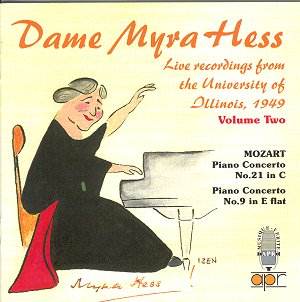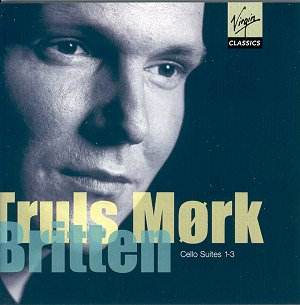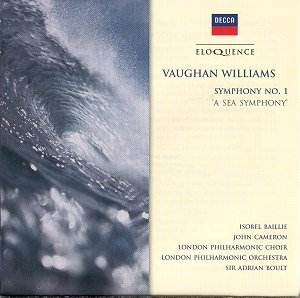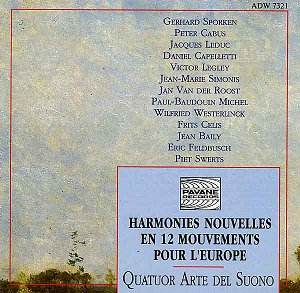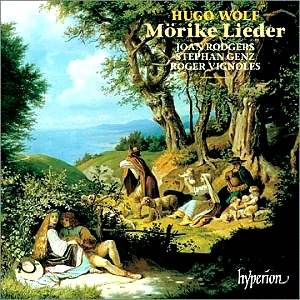 Composer: Hugo Wolf
Composer: Hugo Wolf
Works: Mörike Lieder
Performers: Joan Rodgers (soprano), Stephan Genz (baritone), Roger Vignoles (pianoforte)
Recording: 9.1999 and 10.2000 in the Clara-Wieck-Auditorium, Heidelberg-Sandhausen, Germany
Label: Hyperion CDA67311/2 [2 CDs, 74.09 71.59]
Hugo Wolf, a composer whose lyrical genius often demands a more attentive ear than his contemporaries, presents a compelling portrait of Romantic Germany through his Lieder, particularly the Mörike Lieder. These works, set to the poetry of the Swabian poet Eduard Mörike, encapsulate a vast emotional landscape that ranges from the pastoral to the profound. Wolf’s unique harmonic language, characterized by chromaticism and nuanced word-painting, invites listeners into a world where the musical and the poetic intertwine in complex ways. This recording, featuring soprano Joan Rodgers, baritone Stephan Genz, and pianist Roger Vignoles, offers a fresh exploration of these intricate pieces.
The performances here are noteworthy for their sensitivity and the careful attention given to the text. Joan Rodgers’s soprano voice is a delight—her light, golden tone soars effortlessly through the upper register, and she demonstrates an impressive ability to navigate the emotional terrain of Wolf’s music. For instance, her interpretation of “Nixe Binsefuss” showcases her talent for melding clarity with expressiveness, creating an ethereal quality that perfectly captures the song’s dreamy essence. In contrast, her portrayal of “Gesang Weylas” reveals a darker, more somber timbre, indicating her versatility and deep understanding of the emotional subtleties inherent in these songs.
Stephan Genz’s baritone complements Rodgers exquisitely, though some interpretative choices may raise questions. His warm, resonant voice is consistent and communicative, yet a tendency to break legato lines in favor of syllabic clarity occasionally disrupts the flow. For example, in “Heimweh,” Genz articulates “Den ich weiter” with distinct stops, which, while clear, sacrifices the seamless legato that Wolf’s music often demands. This stylistic choice might resonate with some listeners, but it does create a slight disjunction in the overall lyrical line. Historically, great interpreters like Dietrich Fischer-Dieskau managed to balance clarity and legato beautifully, and Genz would benefit from further exploration of this delicate equilibrium.
The engineering quality of this Hyperion release deserves mention. The recording, made in the Clara-Wieck-Auditorium, captures the nuanced interplay between voice and piano with remarkable clarity. Vignoles, a pianist of considerable renown, provides not only a solid foundation but also enhances the dramatic arcs of the songs. His playing is characterized by a fine balance between support and independence, allowing the piano to speak alongside the voice without overwhelming it. The dynamic range and tonal richness of Vignoles’s accompaniment, particularly in “Lied vom Winde,” further illustrate how the piano serves as an equal partner rather than mere accompaniment.
This recording stands as a testament to the enduring legacy of Wolf’s Lieder, offering a refreshing interpretation that respects the tradition while inviting new listeners to engage with the music. The thoughtful programming, combined with the performers’ evident commitment to the material, resonates well with the historical context of Wolf’s oeuvre, which has often been overshadowed by more melodically inclined composers.
The Mörike Lieder, in the hands of Rodgers, Genz, and Vignoles, emerges as a substantial contribution to the lieder repertoire. Though there are moments where interpretative choices may invite scrutiny, the overall execution is deeply felt, demonstrating the power of Wolf’s music to evoke a wide spectrum of emotion. For those willing to invest the time, this set reveals the intricate beauty and complexity of Wolf’s work, making it a valuable addition to any serious classical collection.
